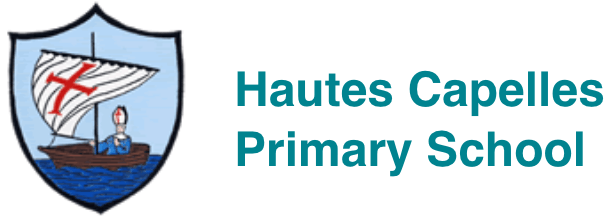KS1 and KS2
-
Engagement in History
Pupils are engaged quickly in discussion about History, through:
-
A range of well-planned tasks, enquiry questions or greater depth challenges
-
Lessons which build on previous learning and revisits prior knowledge
-
Knowledge - where UNITY is used, the knowledge bookmark is accessed by all and discussed
-
Resources such as the Timebox, range of books and artefacts, timelines in classrooms and sources of evidence are used to help bring history to life
-
Regular whole school learning opportunities are planned e.g. Remembrance, Liberation Day, Queen’s platinum jubilee.
-
Differentiation
All children will be catered for to achieve the objective of the lesson.
-
All children will have access to key historical vocabulary (often through Word aware)
-
Planned activities will be inclusive to all but recorded outcomes may differ, where appropriate
-
Progress can be measured in different ways and does not always mean a written outcome
-
Enquiry questions enable all children to respond in different ways, appropriate to their needs and abilities
-
Progression of substantive concepts
Understanding of both substantive concepts (such as trade, invention, empire, power, progress or people) or chronological knowledge (knowledge about specific features of periods in history)
-
Chronology is present in all units of work – whether that is a timeline of the day, of the school year, of a specific period in History or across the whole narrative (Timebox, string timeline)
-
Planning in curriculum overviews shows the focused sequence of learning as well as whole school progression.
-
Pupils will have repeated encounters during their school life to build up this knowledge (e.g. In Year 3 and Year 6, focus on empires and legacy, while in Year 1 and Year 4 looking at changes over time)
-
Progression of disciplinary knowledge
Disciplinary knowledge, as outlined in the skills within the Bailiwick Curriculum, teach children to build their knowledge of the past and learn how historians study the past to construct accounts:
-
Knowledge of the past is built up over a unit, a year or throughout their school journey
-
All pupils will have access to sources of evidence, some first hand (e.g. museum, artefacts handling, local expertise)
-
History lessons teach them how to think like a ‘Historian’ e.g. over time, children will learn causation (how the future has been shaped by the past and the cause of key events in history)
-
Greater depth questions in KS2 form part of the assessment of understanding how children are thinking like a historian and drawing on all of their knowledge, within a critical thinking framed question
-
Links and experiences
Links can be drawn between periods in history, previous learning and relevant events:
-
Pupils can draw links from knowledge they have previously learned (following modelled examples by teachers).
Reflection
Time to review and revisit the ‘Sticky stuff’ – this can be after a lesson, after a unit or some time in the future. This can take the form of discussion, sticky stuff pages, quizzes, UNITY quizzes (Socrative) or low stakes quick fire questions to review previous learning.
